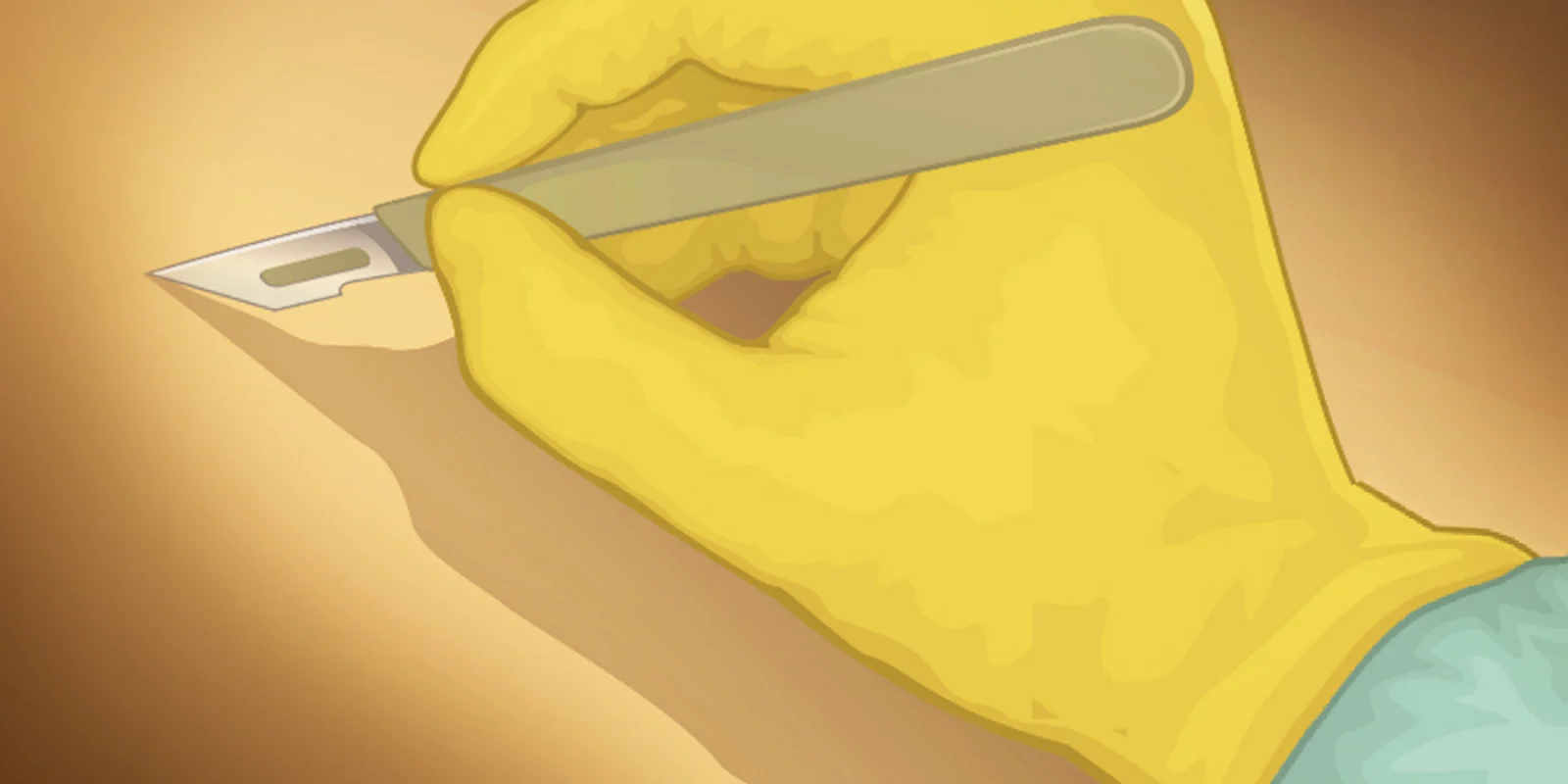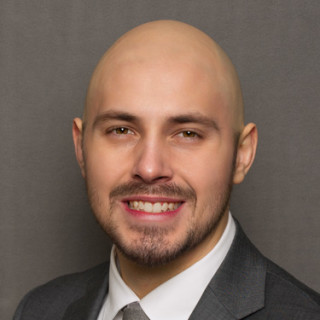When I first began medical school, I never considered there would come a day when I would perform a fetal autopsy. Several weeks into my first year of pathology residency, however, duty called – my first-ever fetal autopsy was upon me.
For anyone reading this, you must understand several important pieces about me as I entered this life-changing experience. First, I was facing burnout that began during my previous year as a medicine intern. Second, I was just over a year away from getting married to a family medicine resident. Third, I was not a father yet, but chronic demands from a broken health care system had me longing for this stage of my life to begin.
According to Bhale et al. (2021), a fetus is defined as “from 8 weeks after conception until term while in the uterus” and fetal death is defined as “death of the fetus before complete expulsion or extraction from the mother,” irrespective of her pregnancy course. Categories of fetal death may be determined after autopsy which, according to Cunningham and Hollier (1997), are (1) fetal, (2) placental, and (3) maternal. Understanding these categories is important for clinicians and parents for future pregnancy management, as Fatima et al. (2014) acknowledge.
Unfortunately, “too few [fetal autopsies] are being performed” as fetal autopsy rates throughout the U.S. are low (about 20%) according to Oliver et al. (2022). The lack of autopsy insurance coverage by CMS, highlighted by Rueckert (2020), is likely contributory. While prenatal ultrasound often detects fetal abnormalities that may explain intrauterine demise (or stillbirth), autopsy examination must be performed as it may disclose “additional findings or changes [in] the final diagnosis” such as for genetic counseling, per Rossi and Prefumo (2017). At the very least, it provides families “closure” says Wainright (2006), even when oftentimes no further diagnostic information is elucidated.
However, I would argue that this practice brings physicians closure, too. If anything, it brought me closure. The fetus was a term female (39 weeks) in a mother with gestational diabetes. The fetus matured consistently with her gestational age (perhaps slightly larger) without anatomic defects. Microscopic findings in the fetus, however, were consistent with meconium aspiration, which is the leading cause of perinatal fetal demise according to Ahanya et al. (2005). Placental findings further supported this (i.e., meconium-laden histiocytes). Although the pathophysiology of meconium aspiration is not completely understood, Sayad and Sliva-Carmona (2022) state that the passage of meconium in utero by an infant increases the risk for aspiration, airway obstruction, inflammation, surfactant inactivation, and, ultimately, fatal respiratory distress.
During the autopsy, I could not help but think that I was taking care of someone’s child because, in essence, I was. I thought about what the family must have been emotionally going through. This wholly healthy-appearing fetus was moments away from experiencing this world for herself; it just was not meant to be. Medicine has a cruel way of enabling cynicism as a means of coping with the demands of our profession, even among medical students and residents. Peng et al. (2018) uncovered this. I cannot lie – experiencing medicine as a transitional year intern uncovered this in me as well, as if I had lived out life on the wards in Samuel Shem’s The House of God.
As the autopsy ensued, however, cynicism – and with this, a festering lack of professional fulfillment – had left me. Replaced with it was what I had been longing to experience for quite some time at this stage of my career: meaning. I began reflecting on my priorities in life more after this autopsy. I realized that what I longed for most of all was a strong connection with God that can be reflected in my relationships with my loved ones (spouse, children, family, friends), my colleagues, and the patients I care for – including the fetus and her parents. In other words, performing this fetal autopsy fulfilled me.
In medicine, we may infrequently get caught up in the demands our profession. Not only does this include administrative paperwork, scholarly activities, and preparation for evaluations (such as licensure exams), but also the "perfectionistic" nature of social expectations within our profession’s culture, highlighted by Thomas and Bigatti (2020). Like many other residents, I had been struggling with all this dearly. But after the autopsy was complete, I felt as if a weight had been lifted off my shoulders. What I had accomplished brought closure not only to the parents of the unborn child, but to my own personal and professional “life-work” priorities moving forward.
One of these priorities is to be a loving husband and father someday. This is not to say, however, that I do not strive to be an exceptional physician. For many years, I sacrificed my personal priorities to learn how to practice medicine, as all of us in this field have. But as I steadily grow older, I realize how important it is to be conscientious about my mindset when I enter the hospital and when I leave it. In other words, I am learning how to actively practice more efficiently, effectively, and intentionally so I can optimize my time and performance while both in the hospital and at home.
Do these necessarily need to be completely separated? Not quite – in fact, many pathologists (for example) love showing their children the world of pathology through their professional (microscopic) lens’. While performing the autopsy, though, I remembered pausing to think, What if this was my child? Both she and her parents did not get the chance to experience her living life outside the womb, and this realization devastated me.
As the autopsy passed, I began to think more about myself as being a father down the road just as much as I thought of myself as a physician. Not long ago, it felt as though from the moment I woke up until the moment I went to bed, my mind was almost always focused on medicine first. This was because I was afraid of making mistakes, failing exams, or feeling that I would let my colleagues and patients down. Many of us in this field experience this "impostor syndrome" phenomenon. But, as I continue to mature in my career and gain more exposure through practice, I am becoming better able to compartmentalize my obligations both in the hospital and at home — without sacrificing one for the other.
Life’s outcomes are often far from perfect; the 39-week-old fetus on the brink of life exemplifies this. In a results-driven culture, such as medicine, all we can do is do the best we can, right? The outcomes and results may not always be what we expect as physicians, but nevertheless, we must do what we can for our patients with the situations we are presented and the resources we are allotted, all while carrying out our individual lives appropriately – taking each day in stride.
One day, I will be a great husband and father. And I will do it while being a great pathologist, too. I am fulfilled believing this, and this belief was catalyzed by performing a fetal autopsy.
Casey Schukow, DO, is a first-year pathology resident at Corewell Health’s Beaumont Hospital in Royal Oak, Michigan. Dr. Schukow can be followed on social media through his KiKo page. Dr. Schukow is an ambassador for KiKo (Knowledge In Knowledge Out) but he does not receive financial compensation for this position.
Image by timoph / Getty






